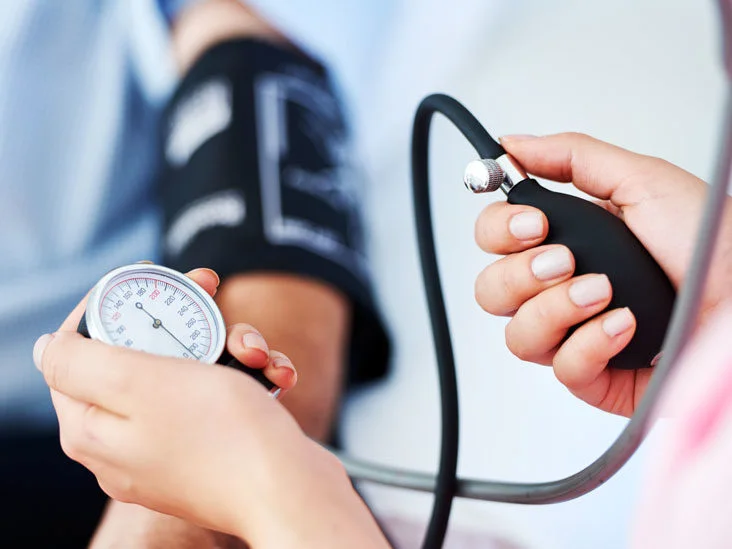5 Ways for Preventing Hypertension

Having high blood pressure, commonly known as hypertension, raises the danger of many dangerous illnesses. The American Heart Association (AHA) reports that high blood pressure is linked to an increased risk of cardiovascular disease, stroke, and renal disease. Whether or not the medication is required to lower high blood pressure readings is common for those suffering from this condition. However, lifestyle changes have a significant influence on managing hypertension. Adopting a healthier lifestyle, working closely with Ghayyath Sultan, M.D., and finding natural ways to control blood pressure may postpone or even eliminate the need for medication.
The following are some ways of living that help reduce blood pressure and prevent it from rising again.
- Achieving and maintaining a healthy weight
Those overweight or obese are at a greater risk of developing hypertension. Physicians often use body mass indexes to help establish whether a patient’s weight is within a healthy range (BMI). You can calculate the BMI on the CDC’s Assessing Your Weight page if you know your weight and height. Some doctors also use waist and hip circumferences as a proxy for body fat. Consult with your medical staff about strategies for achieving a healthy weight, such as making better dietary choices and increasing your level of physical exercise.
- Keeping a healthy diet
Reducing your sodium (salt) intake and increasing potassium intake are good strategies for controlling blood pressure. The consumption of lower-fat meals and large quantities of fruits, vegetables, and whole grains is crucial. One diet that is effective in reducing blood pressure is the DASH diet.
- Doing regular exercise
Regular exercise can lower high blood pressure by roughly 5 to 8 mm Hg. Maintaining an exercise routine is crucial for preventing a return to high blood pressure. In general, you should try to get at least 30 minutes of moderate physical exercise daily. Regular exercise is also helpful for preventing mild hypertension from progressing to full-blown hypertension (hypertension). Hypertensive patients may reduce their risk of cardiovascular disease by exercising regularly.
Walking, running, cycling, swimming, and dancing are all forms of aerobic exercise. Additionally, high-intensity interval training is an option. This training consists of alternating times of intensive exertion with rest intervals. Lowering blood pressure is another benefit of strength training. You should perform strength training at least twice per week. See a doctor before starting any new workout routine.
- Handle Anxiety
Though research on the correlation between stress and hypertension is still in its infancy, the American Heart Association (AHA) states that stress is a recognized contributor to other key risk factors for hypertension, such as poor diet and alcohol use. According to the American Heart Association (AHA), meditation may be beneficial for controlling both stress and hypertension.
- Avoid smoking
No one can stress enough that smoking cigarettes are never beneficial and consistently harmful. Cigarette smoking is associated with increased blood pressure, increasing the risk of cardiovascular disease, including heart attack and stroke. Your doctor may recommend smoking cessation programs and tools tailored to your specific needs.
Evaluating your current lifestyle to see what adjustments might be made to lower blood pressure is essential. Conquer manageable milestones, such as replacing junk food with fruits and vegetables as a snack.







